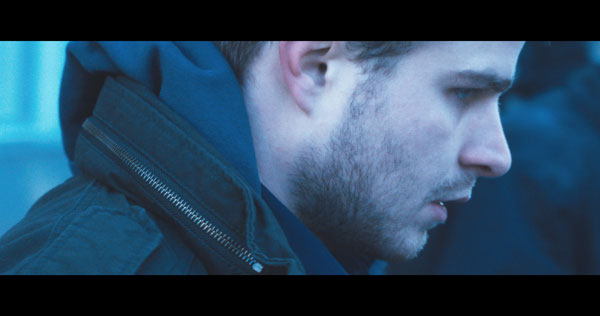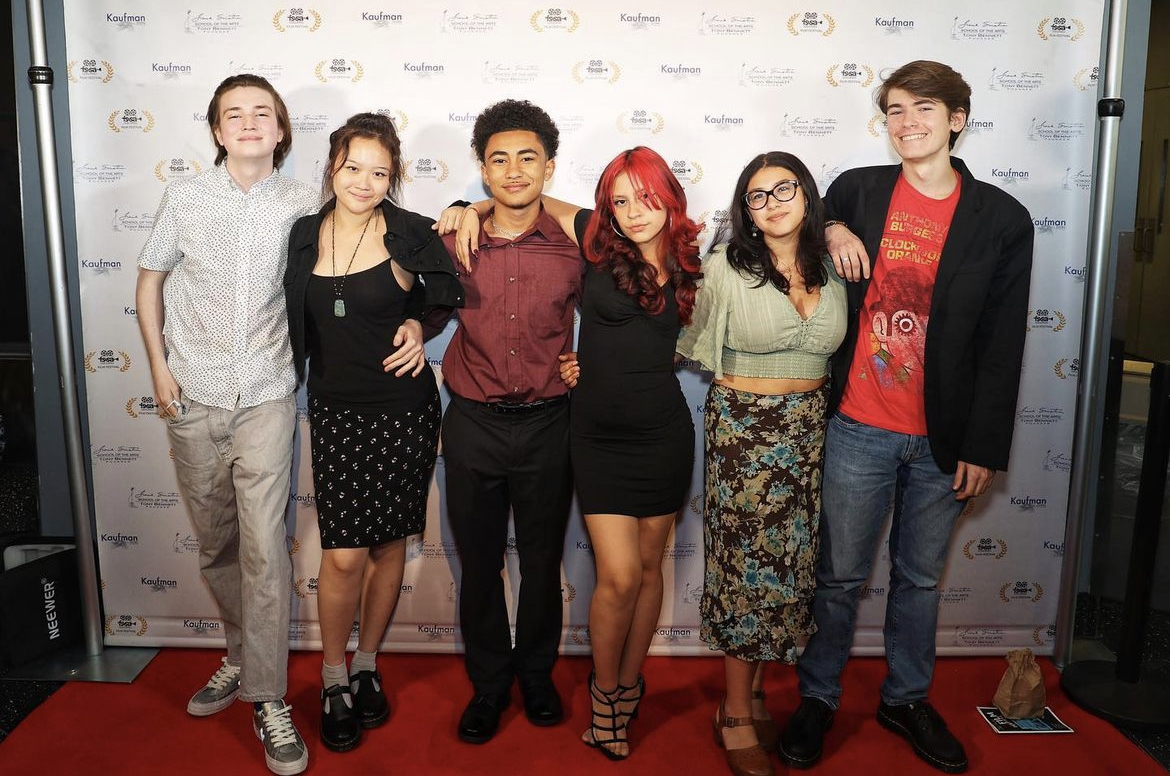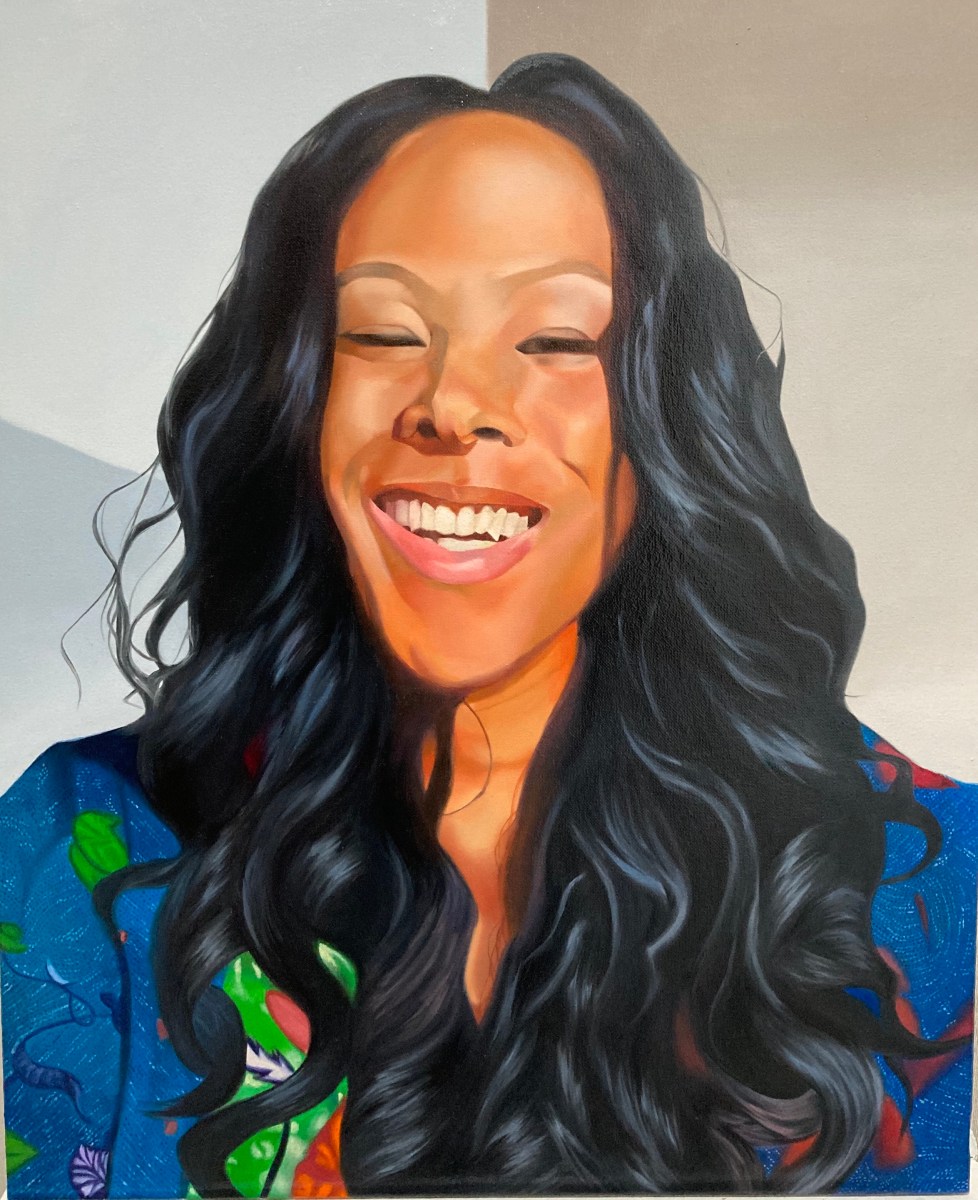
Brady Corbet in the title role of Antonio Campos’ “Simon Killer.”
Director Antonio Campos relies on the eye to get into the brain of his title character
BY GARY M. KRAMER | Simon Killer” is a fascinating, slow-burn character study. Simon (Brady Corbet), an American student who studies the connections between the eye and the brain, heads to Paris after breaking up with his girlfriend. He is lonely, horny, and lost, and director Antonio Campos follows him closely — often tracking him from behind — as he wanders around the city.
When Simon meets Victoria (Mati Diop), a prostitute, he gets off with her, and they connect again for increasingly more intimate sex. The couple eventually hatches a plan to film and blackmail her married clients. But things do not necessarily go as planned.
In a recent Skype interview, Campos spoke about his film, explaining the appeal of Simon, a young man whose behavior is at times inscrutable.
“I find him interesting for all the reasons he seems normal and all the reasons he seems dangerous — how his pathetic and babyish aspects become kind of diabolical,” the filmmaker said. “I like that there is a shift in your perspective of his character. He is a young guy in his 20s, and you immediately connect with that. It was a slow process of getting to something scary, so you had to have a connection with him before that realization happened.”
The film’s fly-on-the-wall approach — what Campos described as “the cognitive camera” — is effective, particularly because viewers become part of the action by following Simon, as well as Victoria, closely and intimately. Simon often seems desensitized, as if in a bubble, as he moves through his life with a mix of purpose and hesitation.
“That was exactly it!,” Campos agreed. “You have this wide range of emotion looking at him. We were very aware of when you would like him or wouldn’t like him. We were conscious of not going overboard, and yet it was important to humanize him. He’s complicated. He isn’t a sociopath. It seems like he’s gone down the wrong path, but there is something inside him he’s trying to satisfy or connect to — or a barrier he tries to break — and we wanted pick away at that.”
As the film reveals Simon’s true nature, Campos provides a sensory experience for audiences. Viewers hear the music in Simon’s iPod and can even feel the texture of his skin. The film is full of references to eyes — from the iris of a ceiling window at the Louvre to the eye of the camera recording Victoria’s tricks to a strobe-like flashing visual effect the director periodically employs to evoke “blinking.”
Campos explained he chose this visual motif to find “a way into Simon” as he uses his eyes and brain as a way to see the world.
“The thematic connection made sense to me,” the director said. “I guess there is always something that connects the characters in the film to filmmaking.”
Campos also agreed that the sense of smell — two characters mention the smell of sex — is a palpable factor in drawing his characters.
“Yes! Something about Simon was very primal, and communicating these senses through cinema was important,” he said. “I wanted to explore this male character almost as if I was studying an animal. At the end of the day, we’re all animals getting to the broadest experiences.”
The filmmaker is clearly interested in Simon as a sexual animal. In one encounter, he has sex doggie-style with Victoria, and in another scene she excites him by pushing him up against a wall and dry humping him before forcing him onto the bed and anally penetrating him with her wet thumb.
Asked whether Simon is a latent homosexual, Campos sounded intrigued.
“I think Simon is confused, and that’s part of it,” the director said. “When we talked about that sex scene, we said that it’s when both characters are getting fucked in that scene that they both enjoy sex the most. With Simon, we were exploring this character who is trying to figure himself out, and that’s there. We were also thinking about ‘Last Tango in Paris,’ too. There’s something sexually charged in Paris, it’s in the air.”
Campos’ frank approach to depicting sexuality is a key strength of “Simon Killer.”
“It is raw and awkward and exciting,” he said. “People get upset the film is graphic, but there are others who think it’s not graphic enough. There’s more sex than violence on purpose. It’s not a film made to satisfy all audience members, but if you give yourself into the experience, you will be satisfied. But if you’re not patient with it, you’re not giving into it.”
Whether Simon’s sexual confusion prompts his behavior at the end of the film is best left for audiences to decide.
“It’s up to you,” Campos said. “I think flawed characters are easier to relate to. They seem more human. I feel the nature of the story is that you allow yourself to relate or connect to them or you fight that. I allowed myself to connect to them in whatever way happens naturally. I go with as open mind as possible. If a film makes me feel upset or uncomfortable, that’s a successful film. I want an experience. Doesn’t have to be negative. Makes me see the world in a way I haven’t seen.”
At its best, “Simon Killer” stimulates precisely that sort of broader perspective on the world.
FILM
SIMON KILLER
Directed by Antonio Campos
Opens April 5
At IFC Center
323 Sixth Ave., at W. Third St.
Visit ifccenter.com

















